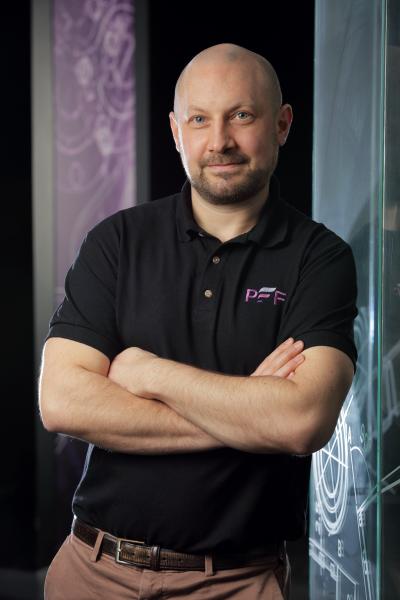
The project aims to produce the first commercially available high-quality food-grade PP (FGrPP).
Primarily used in food packaging, non-food household and personal care products, PP accounts for around 20 per cent of the world’s plastic. It currently goes to waste-to-energy, landfill or is down-cycled into low-performance applications, wasting precious resources. The absence of FGrPP means that PP food packaging is currently made from virgin plastics.
PFF Group processes polypropylene at its Washington, Tyne and Wear site where it manufactures film for food packaging. As a NEXTLOOPP member, PFF will collaborate on the pilot production of FGrPP, taking part in manufacturing trials and product demonstrations.
Lee Wilkinson, Group Supply Chain Manager at PFF Group, said the company’s participation in the project underlines its ongoing commitment to being at the forefront of developing a sustainable, circular plastics economy.
He said: “PFF supplies customers with sustainable, food approved food packaging containing high levels of post-consumer PET. PP is a versatile polymer useful in many different packaging applications and we are excited to collaborate on the NEXTLOOPP project. It has the potential to ensure post-consumer PP is appreciated as the valuable resource it should be, by being recycled into food approved packaging at scale, in a truly circular way. Reducing our reliance on virgin plastic and the continued use of recycled material offers greater circularity and significant energy savings, both of which will create considerable environmental benefits.”
Professor Edward Kosior, founder and CEO of Nextek, explained that creating a circular economy for food-grade PP packaging waste fills the enormous gap in the packaging recycling sector and helps reach Net Zero Carbon targets. “It will allow brand owners to meet their recycling targets and significantly reduce the use of virgin plastics from petrochemicals. It will also greatly reduce CO2 emissions and divert waste from landfill and waste-to-energy.”
The two-year multi-participant NEXTLOOPP project uses commercially proven technologies to separate food-grade PP using marker technologies. These include cutting-edge decontamination stages to ensure compliance with food-grade standards in the EU and the USA.
Return to News